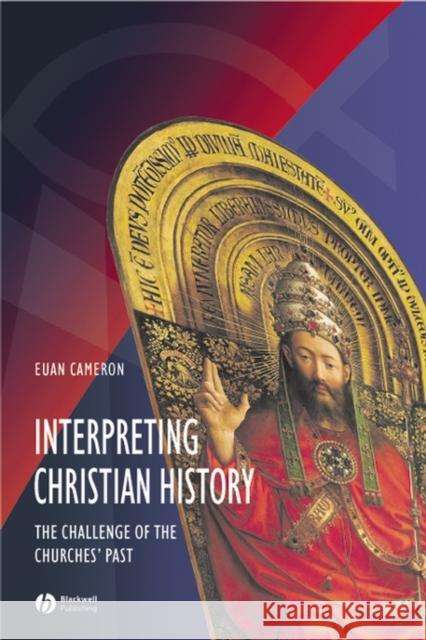Interpreting Christian History » książka
topmenu
Interpreting Christian History
ISBN-13: 9780631215226 / Angielski / Twarda / 2005 / 308 str.
Interpreting Christian History
ISBN-13: 9780631215226 / Angielski / Twarda / 2005 / 308 str.
cena 419,92
(netto: 399,92 VAT: 5%)
Najniższa cena z 30 dni: 417,33
(netto: 399,92 VAT: 5%)
Najniższa cena z 30 dni: 417,33
Termin realizacji zamówienia:
ok. 30 dni roboczych.
ok. 30 dni roboczych.
Darmowa dostawa!
This book explores the theological lessons to be learnt from 2000 years of Christian Church history.
- An exploration of the theological lessons to be learnt from the difficult history of the Christian churches over the past 2,000 years
- Opens with an introductory essay on the whole of Church history, making the book suitable for lay readers as well as students
- Combines historical, historiographical and theological analysis
- Reunites the disciplines of theology and Church history
- Concludes that we can only ever perceive a facet of Christianity given our historical and cultural conditioning
- Written by a distinguished Church historian.











